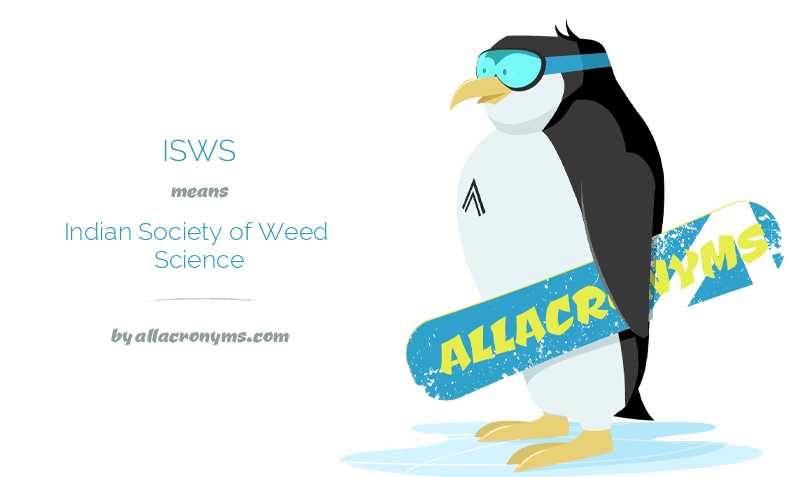The Crop and Weed Science Society (CWSS) is an organization of scientists, teachers, students, farmers, corporates and other persons/organizations willing to participate in the development of agriculture and allied fields. Since its inception, the CWSS is engaged in the betterment of agriculture and allied sectors. Indian Journal of Weed Science publish peer reviewed original research papers on all aspects of weed science dealing with Weed Biology, Ecology, Genetics, Modelling, Weed Management including herbicides, herbicide physiology, biochemistry, herbicide resistance, agronomic practices and integrated management tools. 1967, the Asian-Pacific Weed Science Society (APWSS) was born to promote an exchange of ideas on weed control across the region, including the use of herbicides.
Important Dates

About BCISWS 2017
Weed Science Society Of Nc
In order to address the emerging challenges and for doubling farmers’ income over the next 7 years, the Biennial Conference of the Indian Society of Weed Science will be organized at Maharana Pratap University of Agriculture and Technology, Udaipur, Rajasthan with a theme “Doubling Farmers’ Income by 2022: The Role of Weed Science” and following sub-themes: • Weed management in major crops and diversified cropping systems • Weed management in conservation agriculture • Harnessing weed-nutrient-water-tillage interactions • Crop-weed interactions and management under changing climate • Herbicide resistance and herbicide tolerant crops • Biological weed management • Herbicide residues and their mitigation • Allelopathic interactions in weed management • Invasive, parasitic and aquatic weed management • Economics of weed management and impact assessment

Call for Papers

Research work on weed management was initiated in our country with the inception of a coordinated scheme in principal crops like rice, wheat and sugarcane in 1952, which was further strengthened with the establishment of Indian Society of Weed Science in 1968 and All India Coordinated Research Project on Weed Control (AICRPWC) in 1978. Establishment of National Research Centre for Weed Science in 1989 at Jabalpur, its up gradation as Directorate of Weed Science Research (DWSR) in 2009 and subsequent renaming of DWSR as ICAR-Directorate of Weed Research (DWR) and AICRPWC as AICRP-Weed Management in November 2014 were the major steps undertaken for systematic research and development programmes on weed management in a holistic manner through multi-disciplinary approach. Despite adoption of weed management technologies, the weed problems are virtually increasing. This is due to negligence of certain traditional practices like intercropping, mulching and crop rotations involving legumes and continuous adoption of fixed cropping systems. Further, emerging concerns like development of herbicide resistance in weeds, growing menace of weedy rice, Parthenium, Orobanche and other alien invasive weeds due to several factors including globalization and liberalization are also responsible for increasing weed infestations. It is also believed that climate change, rising GHGs level and temperature also favour aggressive crop-weed competition as the weeds are better adapted than the crop plants, and can modify efficacy of natural biocontrol agents and applied herbicides. Weeds are dynamic in nature, requiring continuous monitoring and refinement of management technologies for alleviating their adverse effects on agricultural productivity and environmental health.